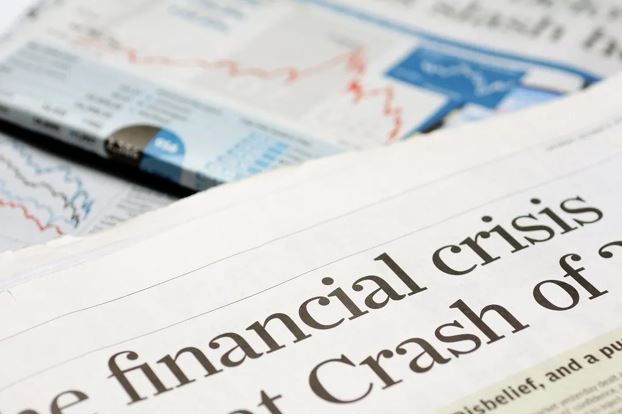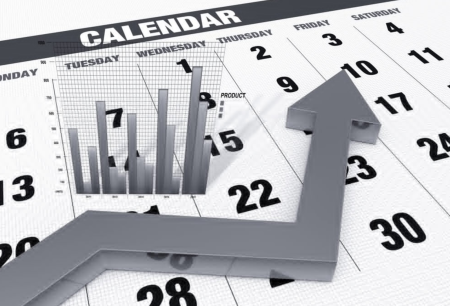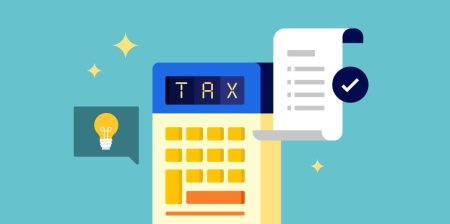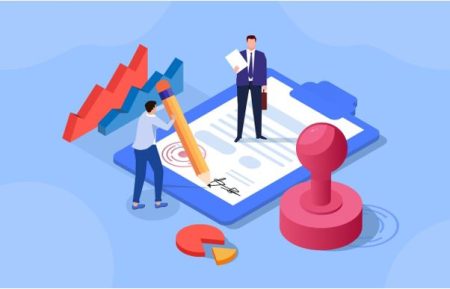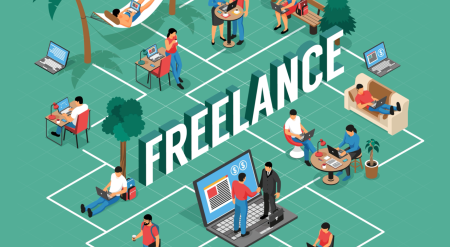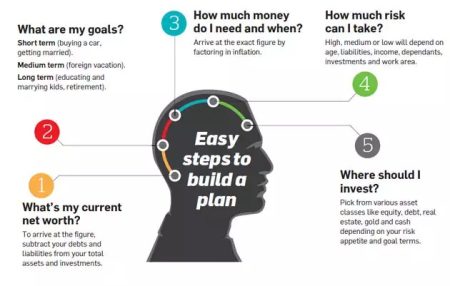Have you ever found yourself in a financial emergency with nowhere to turn? Emergency loans were designed for people in crisis situations just like that. An emergency loan can help cover essential expenses when your normal income and savings are not enough. While expensive, emergency loans provide critical stopgap funding during life’s unforeseen circumstances.
As a financial tool, emergency loans are not ideal for everyone or every situation. However, for those facing loss of income, high medical bills, or other crises through no fault of their own, emergency loans can be a lifeline. If used responsibly and repaid promptly, emergency loans allow vulnerable people to weather financial storms that would otherwise devastate them. For individuals in dire need, emergency loans are less a choice than a necessity. Though often criticized, emergency loans fill a vital role for those experiencing temporary hardship.
What Are Emergency Loans and How Do They Work?
Emergency loans from WeLoans provide access to fast cash during financial emergencies. They are short-term loans aimed at covering essential expenses that you cannot pay due to unforeseen circumstances. Search same-day emergency loans for bad credit here with WeLoans.

- Emergency loans work by lending you a fixed amount of money that you repay, typically within 6-24 months. The lender charges an upfront fee and interest on the loan. Once approved, the funds are deposited directly into your bank account, usually within 24 hours.
To qualify for an emergency loan, you must:
- Be over 18 years of age.
- Have a steady income source to repay the loan.
- Have a checking account in your name.
- Provide documentation to verify your identity and income.
The main benefits of emergency loans are:
- Fast access to cash in times of urgent need. The quick turnaround can help relieve financial stress during emergencies.
- Available for those with bad or no credit. The eligibility criteria focus more on your ability to repay rather than your credit score.
- Fixed terms and amounts make repayment predictable. You know exactly how much you need to pay each month to clear the loan.
However, emergency loans also have significant downsides:
- High-interest rates that can lead to a debt cycle if not repaid quickly. Interest charges accumulate rapidly on short-term loans.
- Strict penalties for late or missed payments. Failure to repay on schedule can hurt your credit and lead to extra fees.
- Do not provide a long-term solution to financial troubles. They should only be used for temporary cash flow problems.
Pros of Emergency Loans: Fast Cash When You Need It Most
Emergency loans from the broker WeLoans provide fast cash when you need it most. David Harris at WeLoans said that during a financial crisis, quick access to funds can help provide relief and security.
- Speed and Convenience: Emergency loans are designed to provide money quickly, often within 24 hours or less. The application process is typically short and straightforward, allowing you to access cash conveniently when time is of the essence.
- Flexibility: Emergency loans come in a range of loan amounts, from a few hundred to a few thousand dollars. You can borrow only what you need to address your current financial situation. Repayment terms also vary from a few weeks up to a few months.
- Bad Credit Options: Those with bad or no credit still have options for emergency loans. Some lenders offer bad credit emergency loans, albeit potentially with higher interest rates. But when facing a crisis, less-than-ideal loan terms may be better than no access to funds at all.
- Peace of Mind: Obtaining an emergency loan can help alleviate stress and provide peace of mind during difficult times. Knowing you have cash to pay for essentials like food, shelter, medical expenses or transportation can make a crisis feel more manageable.

Cons to Consider Before Taking Out an Emergency Loan
Before taking out an emergency loan, carefully consider the potential downsides. While emergency loans can provide much-needed relief during a financial crisis, they often come with high interest rates and fees that can worsen your situation if not paid off quickly.
High Interest Rates
Emergency loans typically have much higher APRs than other financing options because they are considered high-risk for lenders. Rates can be 10-30% or more. These high rates mean you’ll end up paying far more than the amount you borrow, especially if it takes you a long time to repay the loan. Make sure you understand all the interest charges and fees before accepting an emergency loan.
Short Repayment Terms
Most emergency loans require full repayment within 2-5 years. This can strain your budget with high monthly payments, even if the original loan amount was modest. Be very confident in your ability to repay the loan on schedule before proceeding. Otherwise, you may end up defaulting on the loan which damages your credit and ability to borrow money in the future.
Fees
In addition to interest charges, many emergency lenders tack on origination fees, late payment fees, and prepayment penalties. Origination fees are charged upfront, typically a percentage of the loan amount. Late fees apply if you miss or delay a payment. Prepayment penalties are charged if you repay the loan early. All of these fees increase the overall cost of your emergency loan.
Damaged Credit
If you fail to repay your emergency loan on time and default, it will hurt your credit score and credit history. Late or missed payments are reported to credit bureaus and remain on your credit report for up to 7 years. Your credit score could drop significantly as a result, making other borrowing more difficult and expensive.
Who Should Consider an Emergency Loan?
Those With Limited or No Access to Traditional Credit
If you have a limited or no credit history, an emergency loan may be an option worth considering in times of financial hardship. Since emergency loans typically do not require a credit check, they can provide you access to quick funding even without an established credit profile. However, the fees and interest rates on these loans are usually higher due to the increased risk for the lender.
People with Bad Credit
Similarly, if you have a poor credit score due to missed or late payments in the past, an emergency loan may be one of the only ways to obtain money in an urgent situation. Again, expect to pay higher rates and fees due to your credit risk level. An emergency loan could be an opportunity to establish a good payment history and begin rebuilding your credit, but only if you are able to repay the loan on time and in full.
Low-Income Individuals
If you are on a limited or fixed income, an emergency loan may be necessary when unexpected expenses arise that you cannot cover with your normal budget. Look for lenders that specialize in emergency loans for people with limited means. Some nonprofits and charities also offer emergency financial assistance for those who qualify. Be very cautious of predatory lenders who charge exorbitant fees and interest rates. Only borrow what you absolutely need and can repay.
Unemployed Individuals
Losing a job or source of income can quickly turn into a financial emergency. If you become unemployed and have limited funds to pay for essential expenses, an emergency loan may be the only option. Look for loans specifically geared toward unemployed or recently unemployed individuals. Be prepared to provide details on your job loss, unemployment benefits, job prospects, and ability to repay. Interest rates may still be higher, so only borrow what is absolutely critical until you secure new employment or income.
Conclusion
In summary, emergency loans can serve as a lifeline for those facing financial hardship. While not ideal as a long-term solution, they provide critical temporary relief when other resources are unavailable. The stories were shared to demonstrate how emergency loans made a meaningful difference during times of crisis.
If used responsibly and repaid as agreed, emergency loans give people a second chance to get back on their feet. Though not for everyone, for some an emergency loan means the difference between hope and despair in life’s darkest moments. There is dignity in all honest work, and in asking for help when you need it most.


